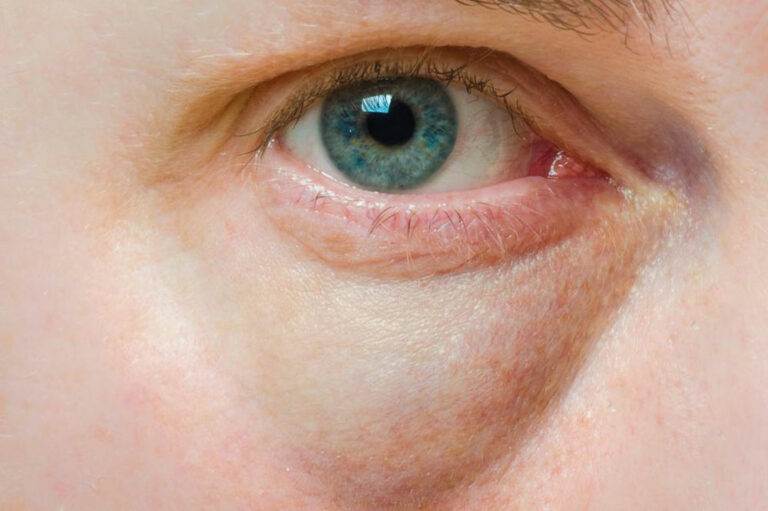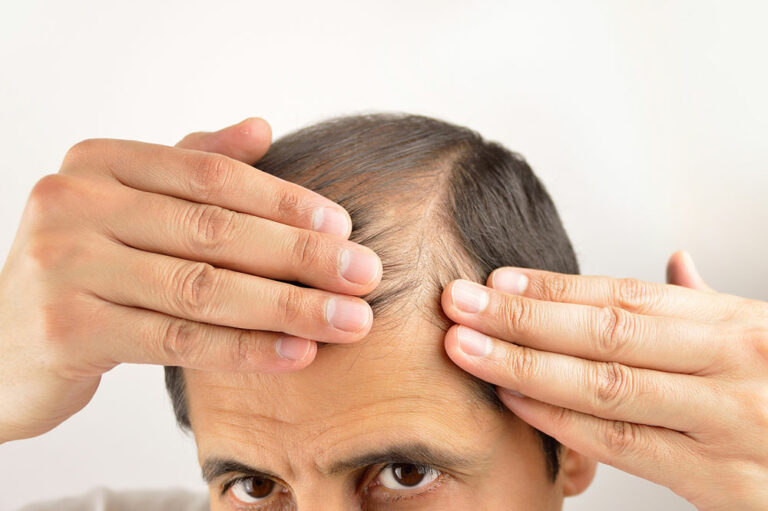
health
Cold, flu, cough, and virus – Treatment and home remedies
Cold, flu, cough, and virus, terms often used together, are usually used to refer to an infection caused by viruses. Cold and cough are usually symptoms of the flu caused by a virus and are accompanied by some other symptoms such as sore throat, runny nose, and congestion. Usually, to treat cold, flu, cough, and virus infections, over-the-counter medications are prescribed. Treatment plans There are no medications that can cure a cold or flu caused by viruses. Even antibiotics cannot help against cold-causing viruses and, hence, should not be taken until there are chances of a bacterial infection. Since there is no cure for the virus, the treatment usually aims at relieving the symptoms. These include the following: Pain killers Sore throat, headache, and body ache are common symptoms of the flu caused by virus. Therefore, many people look for pain relievers while they are sick. However, there are a lot of precautions that you need to take while using pain relievers, especially when giving it to children or teenagers. They can cause side-effects and make the condition worse in some cases. Nasal sprays Nasal congestion is another common symptom experienced during flu. Therefore, many adults are prescribed nasal drops or sprays for five days to free the nasal passage from congestion. However, these decongestants should not be given to children who are below six years of age. Cough syrups These syrups might give some relief from cough, but the American Academy of Pediatrics and the FDA do not approve of its use on children younger than four years of age. Home remedies and lifestyle changes In addition to some over-the-counter medications to relieve the symptoms, thankfully there are several home remedies that you can adopt to get relief from cold and other flu symptoms. These include the following: Ginger The health benefits provided by ginger have been known for centuries.










